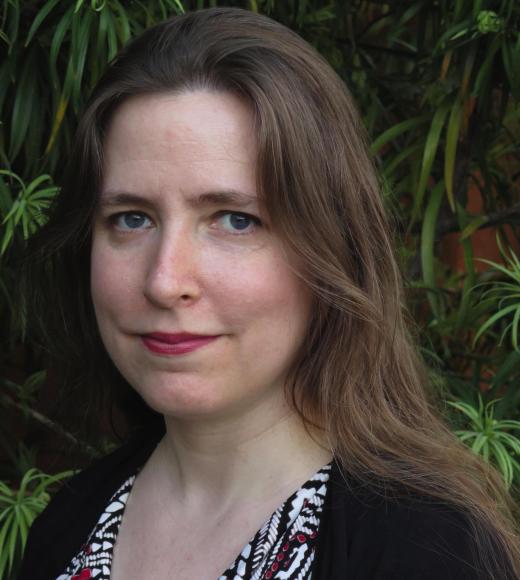
Position Title
Associate Professor of Teaching
- Neurobiology, Physiology and Behavior
Natalia Caporale's research interests center on issues of equity and diversity in science education, with a focus on understanding the barriers that Students of Color, women, LGBTQ+ students and non-traditional college students (parenting students, foster youth, veterans, returning students, etc) face as they pursue their science degrees. Her research group applies both qualitative and quantitative methods in their studies, and her research philosophy is informed by theory of learning, critical race frameworks, intersectionality and asset-based models.
Originally from Argentina, Natalia pursued her Bs in Biology at the University of Buenos Aires and then came to the US where she pursued her PhD in Neuroscience at UC Berkeley focusing on the cellular mechanisms of learning and memory. Following her postdoctoral work with Dr. Linda Wilbrecht studying the effects of early-life adversity on cognitive development and decision making in rodents, Dr. Caporale decided to dedicate herself to undergraduate education, which she adored, and she worked as a lecturer at UC Berkeley and SFSU for several years while also being a Visiting Scholar in Dr. Kimberly Tanner’s lab, where she started her training in science education research.
Identifying and Overcoming Barriers to Students' Success in Science
I aim to identify barriers to the success of minorities and underrepresented students in science majors at UC Davis and develop class interventions and departmental programs to help students overcome these barriers. In particular, I am deeply committed to the success of our transfer students, most of whom are ethnic minorities, first generation or non-traditional students. For this, I hope to establish projects to involve local community colleges and CSUs.
Improving Science Learning in Large Enrollment Courses
It is a reality of our education system that courses are getting larger and larger and educators are faced with the need to modify our teaching to accommodate this new course format. Research in Physics, Chemistry and Biology over the last 30 years have identified various strategies that can increase student engagement, participation and learning in large science classrooms. Yet implementation remains a challenge. As a Faculty in UC Davis, I will be implementing many of these strategies in our classes while collecting evidence of their effectiveness as well as researching the barriers at the student and faculty level that difficult the transition of our courses into to a more active learning, student-centered teaching model.
Conceptual Barriers to Changing People's Minds about Science
One of the most challenging jobs science educators have is to change student's minds about their intuitive ideas about how the physical world works. Such intuitive knowledge is a significant barrier to student's understanding of many fundamental concepts in the sciences. This research project focuses on identifying and documenting the alternative conceptions that students bring into the biology classroom to develop better teaching strategies to help their learning of Biology. In this context, and as a neuroscientist by training, I am very interested in science misconceptions and ways to develop better instructional tools to help students resolve them.
- 2002 Licenciatura Ciencias Biológicas, Universidad de Buenos Aires
- 2007 Ph.D. in Neuroscience, University of California, Berkeley
